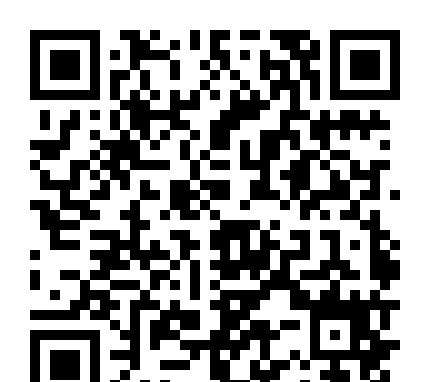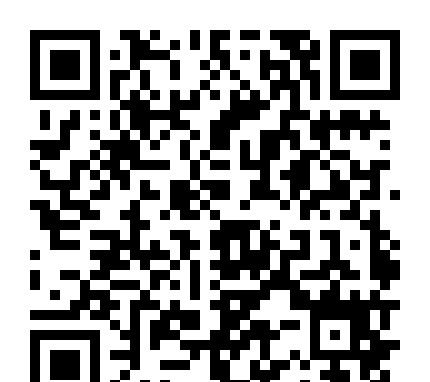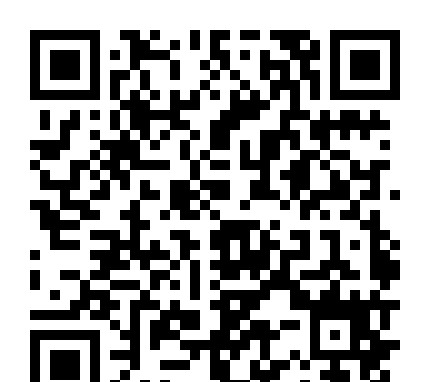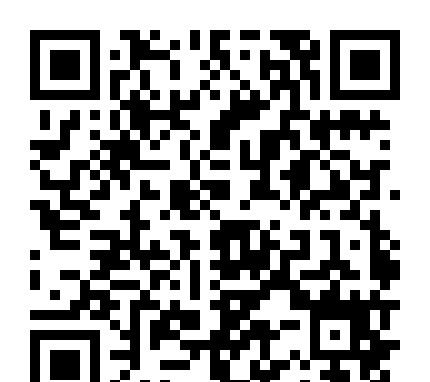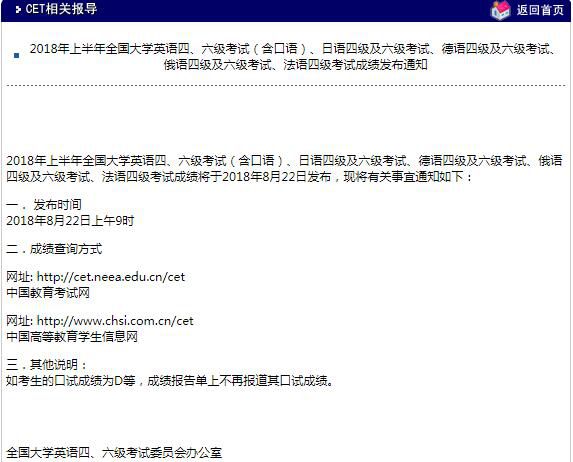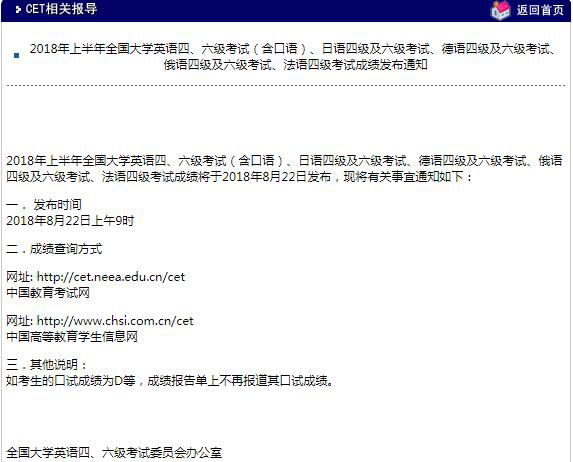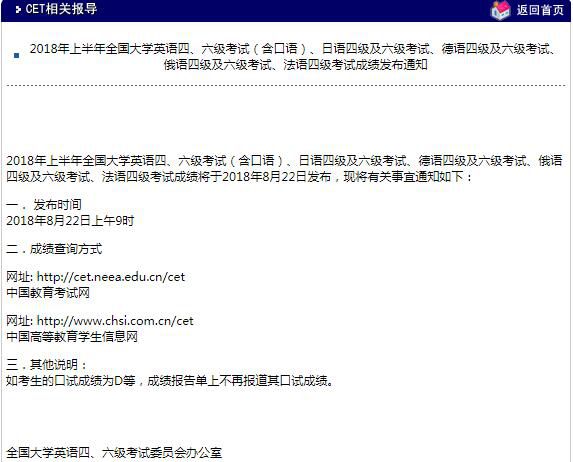US bails out Citigroup with $20b
|
Citigroup Inc has got a second lifeline from the US government. The Bush administration agreed on Sunday (Monday morning Beijing time) to inject $20 billion of new capital and shoulder most of the bank's potential losses on $306 billion of high-risk assets. This is the government's biggest move to rescue a bank in order to contain a widening financial meltdown that has caused the disappearance or bankruptcies of financial giants such as Bear Stearns, Lehman Brothers Holdings and Washington Mutual. The news of the bailout sent European stocks and US index futures soaring. Most of the markets in Asia, however, reacted negatively registering a southward graph. Citigroup has the farthest international reach of any US bank, with operations in more than 100 countries. It is widely perceived to be too big to be allowed to fail because its collapse could cause financial havoc around the globe. The government's $20-billion investment comes on top of $25 billion it has already put into the bank, for which it will receive preferred shares with an 8 percent dividend. Citigroup's shares plunged 60 percent last week to $3.77 amid worries that it lacked enough capital to survive. The bank estimated $40 billion of capital benefits, part of it from the government guarantee. In return for the bailout, Citigroup's dividend will be effectively wiped out, and it cannot pay out more than 1 cent per share per quarter over the next three years without government consent. Its quarterly dividend now is 16 cents. "It looks enormous in size and scope," said Tony Morriss, senior currency strategist at ANZ Bank in Sydney. "Does this mean support for other financial institutions will be this big? Does this mean there will be more problems around calculation of so-called toxic assets?" Citigroup Chief Financial Officer Gary Crittenden said yesterday: "To stabilize the equity, we had to put behind us the issue of Citigroup's ability to withstand whatever would come." The New York-based bank will try to modify troubled mortgages in the $306 billion portfolio as the government tries to keep homeowners out of foreclosure. Chief Executive Vikram Pandit and other top management will keep their jobs, but the government will have the final say on executive pay. Not all investors were pleased with the move, though. "You're seeing an inept management team being rewarded by the US government," said William Smith, chief executive of Smith Asset Management, which owns some Citigroup stocks. If it works, the package may become a template for other US banks expected to face growing losses as the economy sinks into recession. Credit losses, once concentrated in mortgages, are already bleeding into other areas such as credit cards and commercial real estate. The rescue package further magnifies the US government's burden, following bailouts of AIG, Bear Stearns, Fannie Mae and Freddie Mac, and the injection of hundreds of billions of dollars into banks and other financial institutions. Well over $1 trillion of taxpayer money is at risk, and the three big automakers in Detroit are seeking billions more to avert bankruptcy. Meanwhile, in an open letter, Citibank China CEO and Chairman Andrew Au yesterday assured Chinese clients of the safety of their deposits in the bank. As a locally licensed bank, Citibank China is regulated by the China Banking Regulatory Commission and is thus subject to all prudential and other requirements applicable to banks in China. "Our capital adequacy ratio remains well above the regulatory requirement in China," he said. "We have carefully reviewed our potential exposures under a wide variety of stress scenarios and are highly confident that we will maintain our financial strength through these difficult times." |

